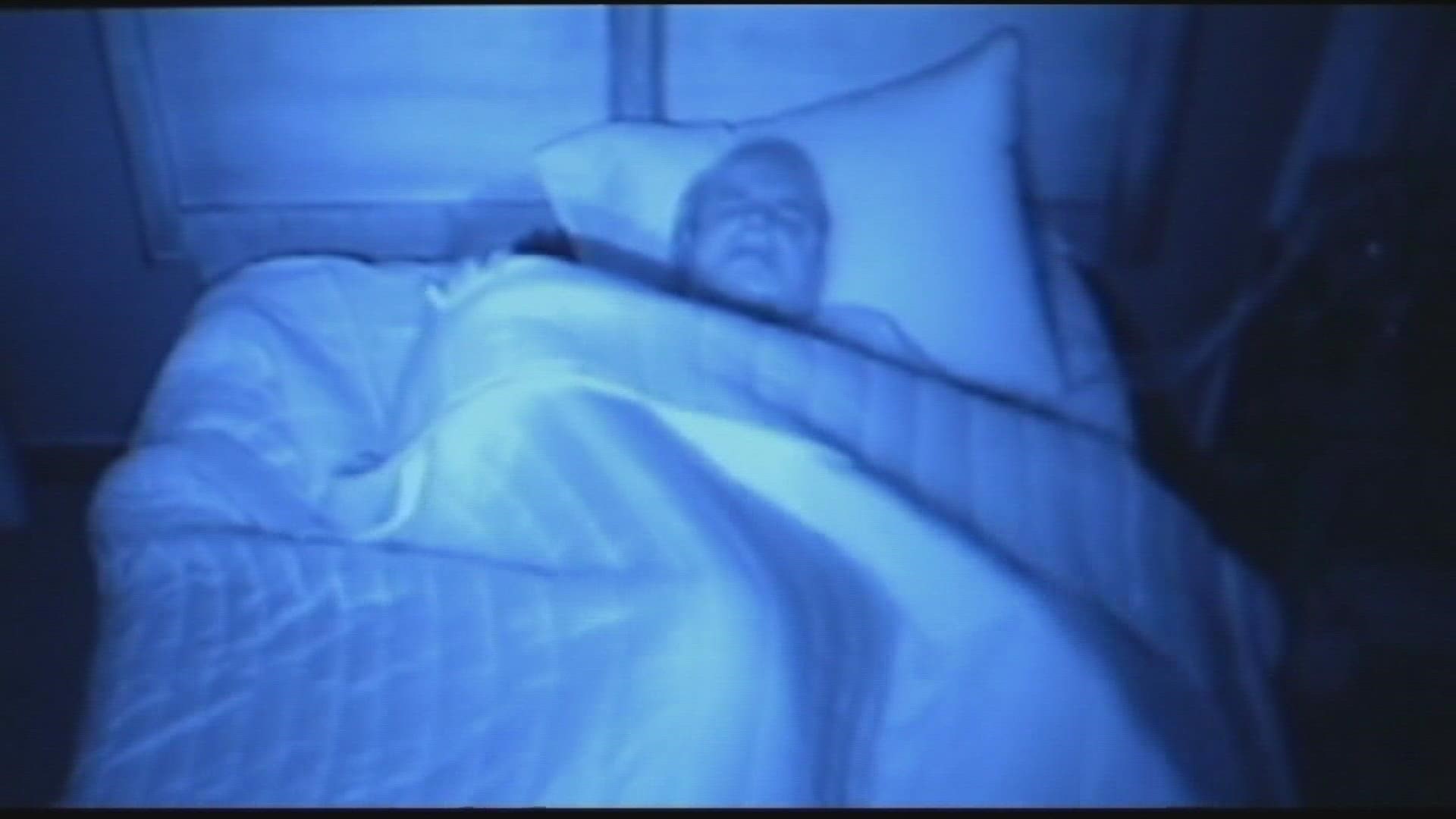SACRAMENTO, Calif. — Revenge sleep is a common practice, but it's a term some may not know about.
Basically, it's a form of procrastination. ABC10 health expert Dr. Tom Hopkins said it's also referred to as "sleep procrastination."
"So, what revenge or sleep procrastination is, is you say 'OK, I'm not going to let my work rule my life. I'm going to stay up and do the things that I want to do just because I want to be able to do them.' So, that's the revenge part," Dr. Hopkins said. "What it ends up being is that you don't go to bed when you should go to bed. So, you stay up later and well, there's a consequence of that."
It's more than just feeling tired. Dr. Hopkins said this can cloud your mind, judgement, and memory. He also said the body follows the mind, so you could also experience fatigue, low energy, muscle aches and soreness.
Its recommended the average person get 7 to 8 hours of good sleep to be productive.
"Those are the things that sleep does and if you look at it further, it impairs your immune system," Dr. Hopkins said. "So, it has a metabolic effect. It interferes with losing weight, it contributes, shown in certain studies, to increase your risk of diabetes and heart disease. So, getting a good night's sleep is very, very important to your health overall."
RELATED:
ABC10: Watch, Download, Read
Watch more Health Beat stories from ABC10
Misconceptions around "Do Not Resuscitate" orders | Health Beat With Brea Love

















